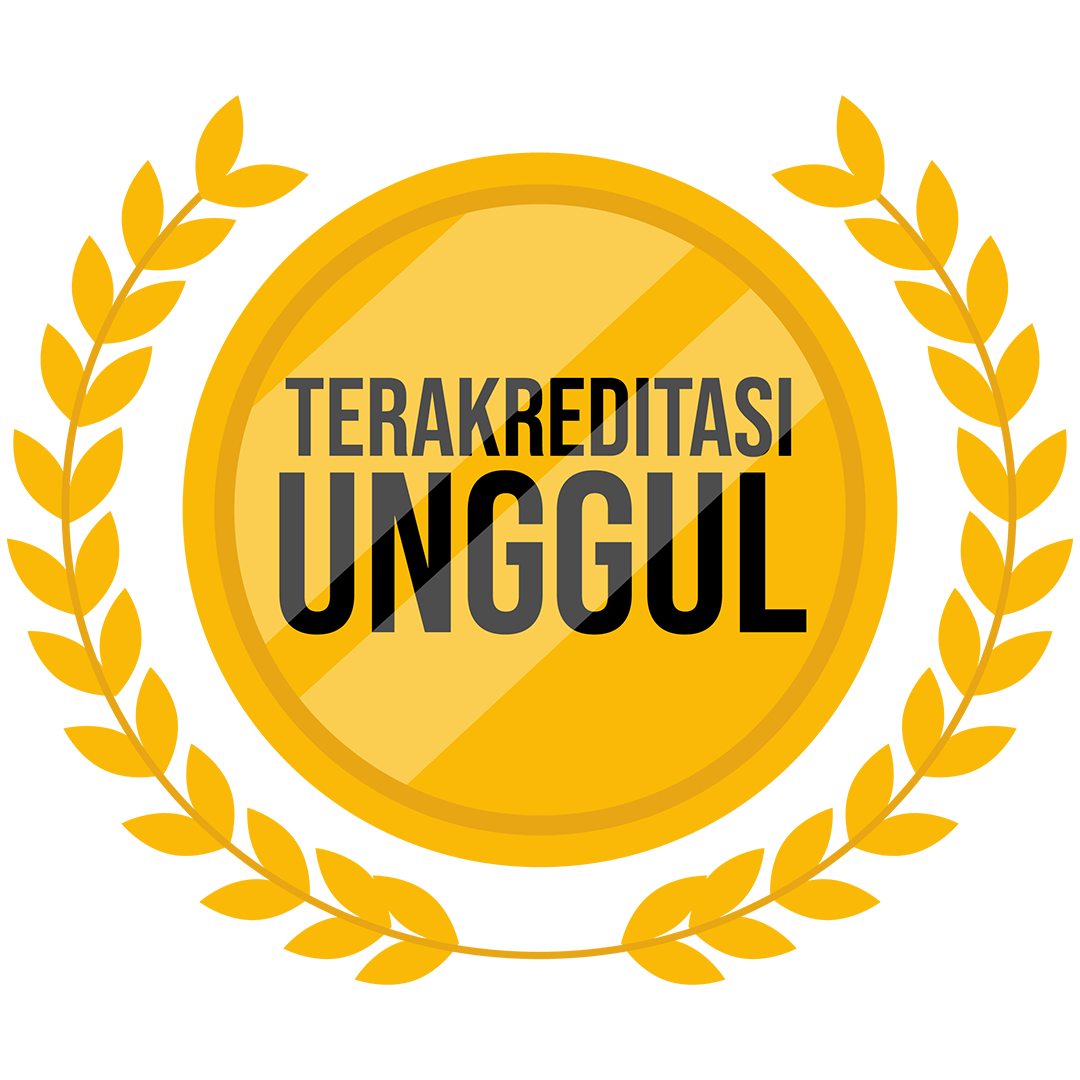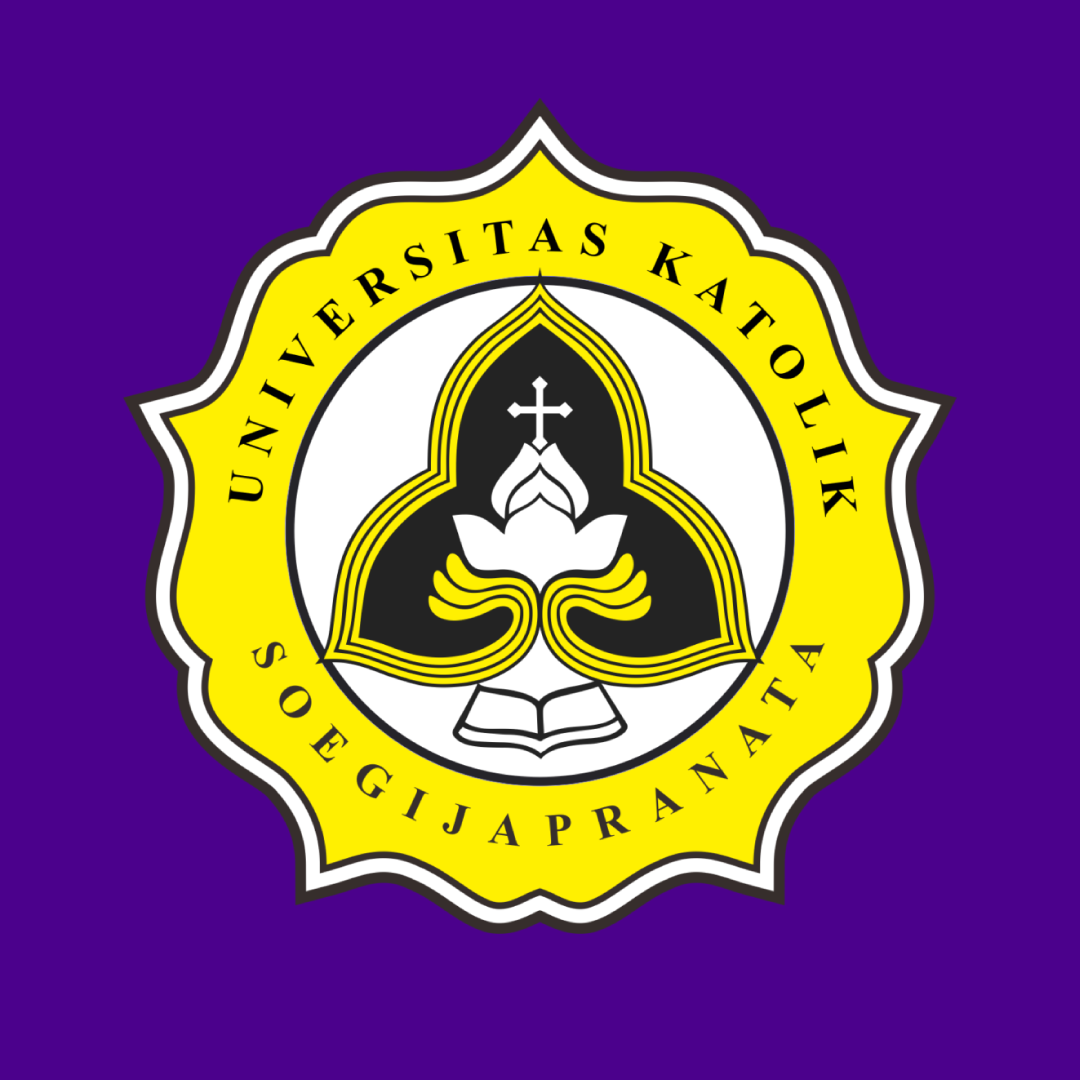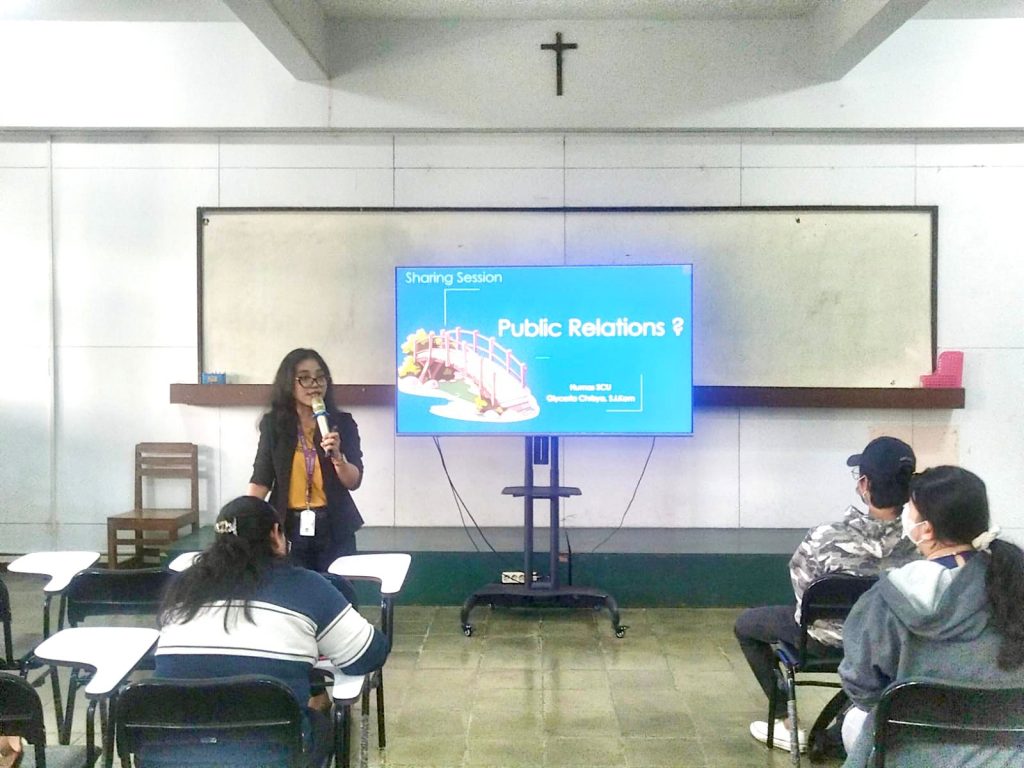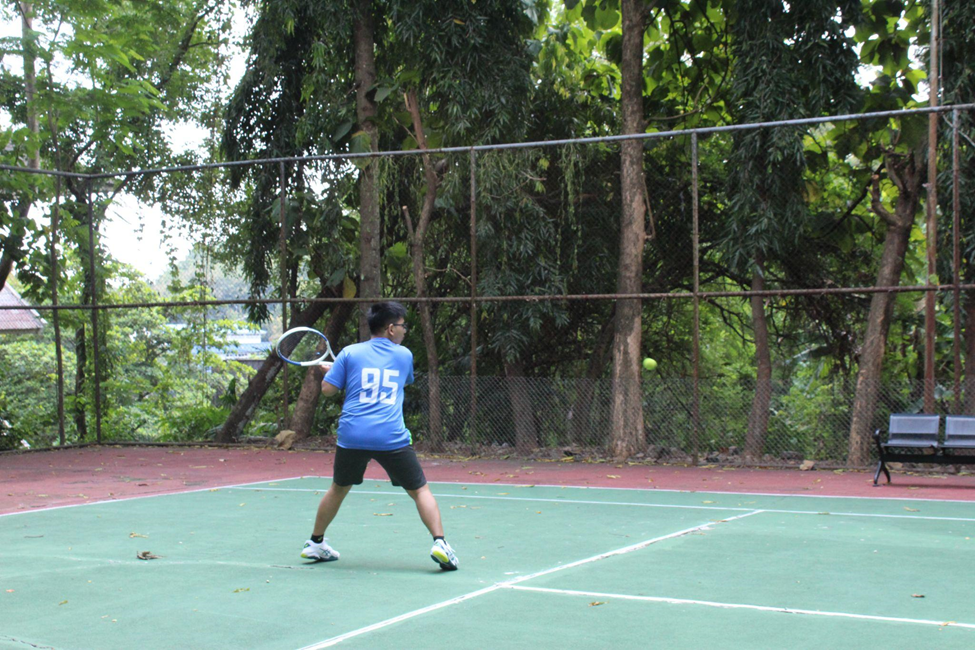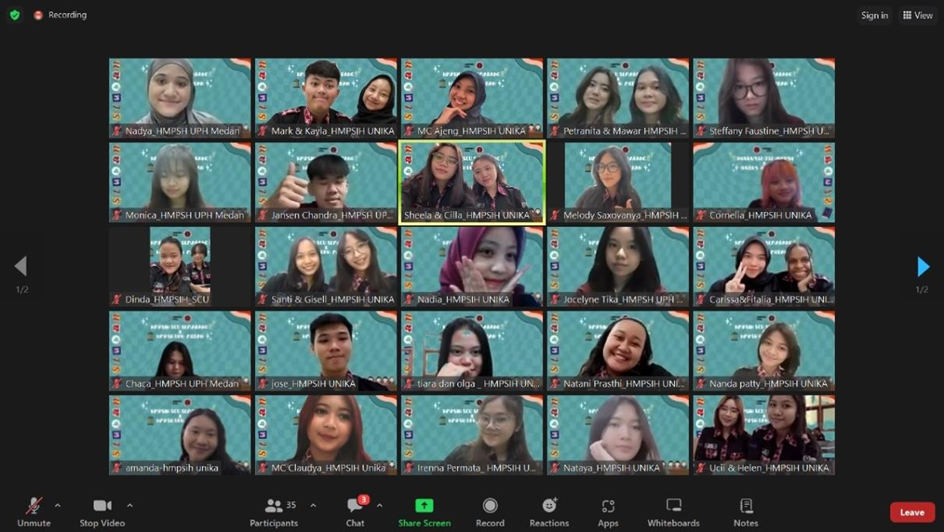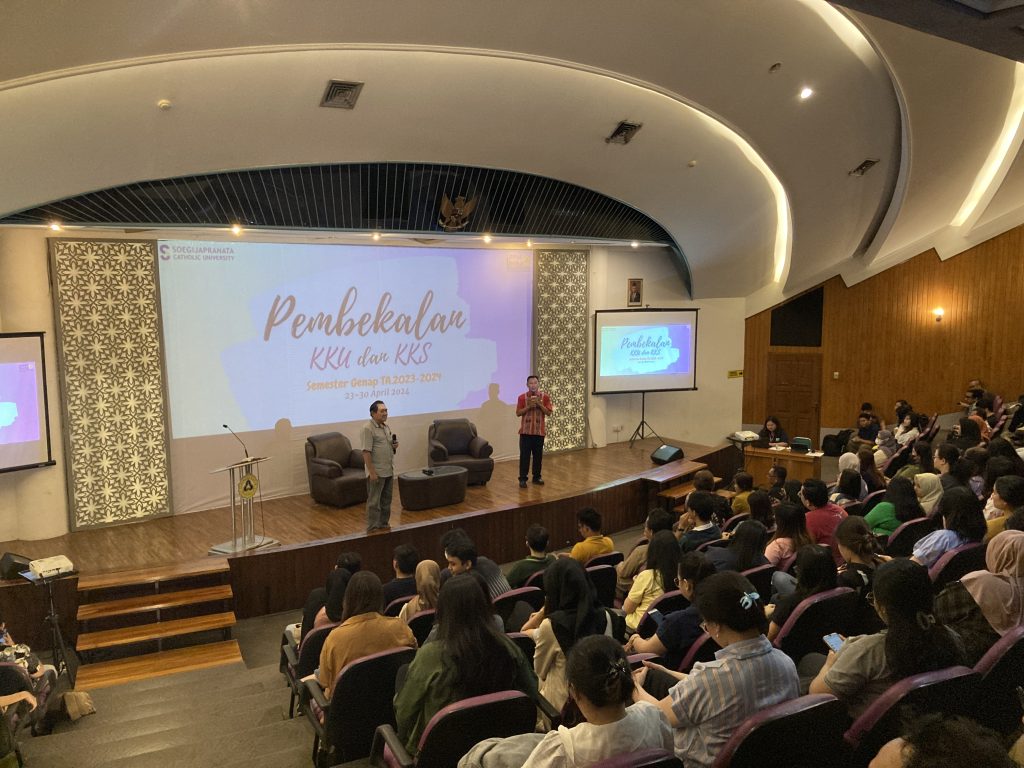 ON August 25-29, as tempers in Manila flared because thousands of members of the Iglesia ni Cristo disrupted traffic on EDSA to protest alleged violations of the separation of church and state, student and faculty sections of the Association of Southeast and East Asian Catholic Colleges and Universities (ASEACCU) met serenely in the Soegiyapranata Catholic University in Semarang, Central Java, Indonesia to discuss the topic of religious inclusiveness. As we listened to religious leaders and scholars speak on the importance and the challenge of religious inclusiveness to 72 member universities from Australia, Cambodia, Indonesia, Japan, Korea, Philippines, Taiwan, and Thailand, I was not aware of the demonstration that brought traffic to a halt in EDSA.
ON August 25-29, as tempers in Manila flared because thousands of members of the Iglesia ni Cristo disrupted traffic on EDSA to protest alleged violations of the separation of church and state, student and faculty sections of the Association of Southeast and East Asian Catholic Colleges and Universities (ASEACCU) met serenely in the Soegiyapranata Catholic University in Semarang, Central Java, Indonesia to discuss the topic of religious inclusiveness. As we listened to religious leaders and scholars speak on the importance and the challenge of religious inclusiveness to 72 member universities from Australia, Cambodia, Indonesia, Japan, Korea, Philippines, Taiwan, and Thailand, I was not aware of the demonstration that brought traffic to a halt in EDSA.
But the topic of the ASEACCU Annual Conference and the issue of the EDSA demonstrators were not unrelated. For separation of church and state is ultimately about a state that is not under the control of religion and so permits religious inclusiveness. In the Philippines, because of the separation of church and state, the state is not under the control of the Catholic Church. It is not under the control of the INC, or even of Islam. That is why religious inclusiveness is possible in the Philippines. The state tolerates and protects the lawful functioning of various religious groups. Part of this toleration includes non-interference by the state in the affairs of religion. A perceived breach in this non-interference was what brought the INC demonstrators to EDSA.
It is providential that the INC problem could be solved by negotiation and did not lead to endless war, even though many continue to be curious what the agreements leading to the solution were.
Where the separation of church and state is undone, and the authority of the religion is merged with the authority of the state, it is normally not the glory of God that is served, but the dark forces of religious passion, often violent, that in the name of God religiously and absolutely exclude from their sacred world and from the right to exist all humans and human achievements that are not part of their religious state. The ISIS, for example, the Islamic State, considers itself justified in the atrocities it brings on those who do not or cannot enter or oppose entering their sacred world; they behead, they maim, they murder, they massacre; they destroy any sign or symbol of civilization that does not fit in their religious paradigm. Similar behavior has befallen the Christian world when kings ruled by divine right and in the name of God spawned the crusades and the inquisition.
Against this backdrop, the ASEACCU conference considered religious inclusiveness: how to bring about humane societies that include diverse religions. For this topic, Semarang, a center of religious inclusiveness, was an ideal location. Among its activities, the delegates visited the grotto of St. Mary in Kerep, Ambarawa, Indonesia’s largest Marian pilgrimage site at which Christians and Muslims venerate Our Lady of the Assumption. They were also festively welcomed to Semarang’s Grand Mosque in joyful exercise of religious inclusiveness.
One of the keynote addresses came from the renowned Indonesian Muslim leader, Almad Syafi’IMa’arif. Referring to the civil-military conflicts in the Arab world, he said: “Their uncivilized behavior to kill their own brothers is absolutely un-Islamic, but ironically they do it in the name of Islam.” Expressing personal pain, he said: “As a Muslim, I really feel ashamed to see how tragic and fragile the Muslim world now is.” But hoping for a world where Muslims live with each other and other religions in peace, he said: “This earth planet is for all human beings without exception regardless of their background, believers or non-believers . . . In the Qur’an, there is a famous verse: ‘there shall be no coercion in matters of faith. What the sunnat Allah requires is that human beings should live in peace, cooperation, brotherhood, and compete in good deeds.’”
All the other papers like that of Bishop Antonius Subianto Bunjamin emphasized the role of Catholic higher education in nurturing a diverse community. Quoting Pope Francis, he said: “I believe in God – not a Catholic God. There is no Catholic God.”
But the most applauded testimony came from Nor Jamal “Jan-Jan” Batugan, the student Muslim delegate of Xavier University in Cagayan de Oro. Despite the raised eyebrows of members of his Muslim community as to why he should be going to a Catholic conference in Indonesia, he went in the hope of becoming “a better version” of himself. He was not disappointed.
“What I learned here in Indonesia is that there is something greater than anything that binds us all together regardless of our religions, faiths, and beliefs. Our task is to find it, search for it: that which bridges all humanity at large – our faith in God, the One who created you and me.
“I believe if only Muslims would be good Muslims or Catholics good Catholics then the world would be more peaceful and happier…
“Back in the Philippines, my Catholic university has taught me many values that formed me into becoming a better servant of God. My university taught me to find God in all things, to seek His presence, and to recognize his existence in everything I do. My Catholic university has taught me to do everything in Magis – in excellence, to do more than what is expected. My university taught me to perform all my duties and responsibilities, my dreams, my aspirations – all for the greater glory of God – ad majorem Dei gloriam.”
Catholic higher education teaching Muslims to be better Muslims, teaching all to bring about a more religiously inclusive society not by watering down religion but by searching openly for its core? Jan Jan Batugan testifies it is happening. At its religious core, sameness need not be forced on all, especially not by the state. The ethic of one group need not be coerced on another. Diversity is a richness wrought by the Creator enriching even religion. God leads us to a better version of ourselves in living with the faiths of others.
sumber : www.manilatimes.net

